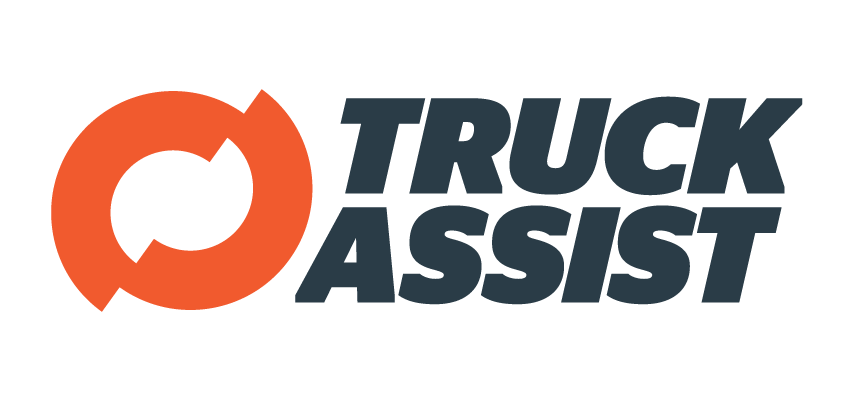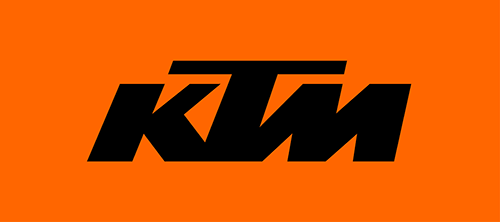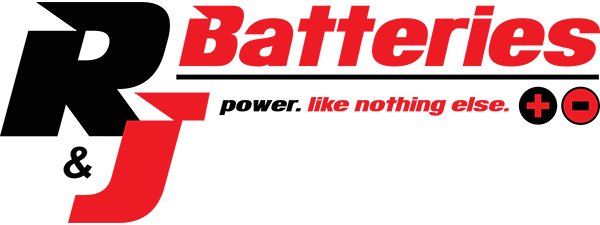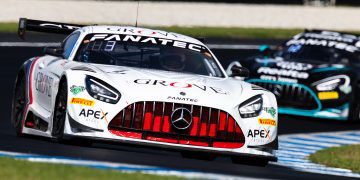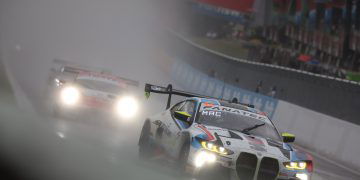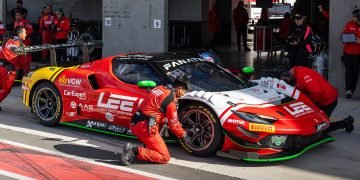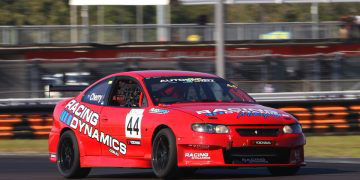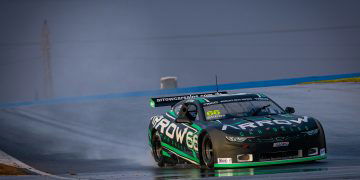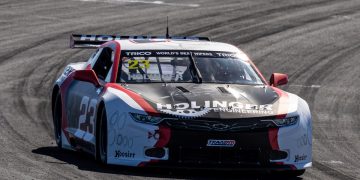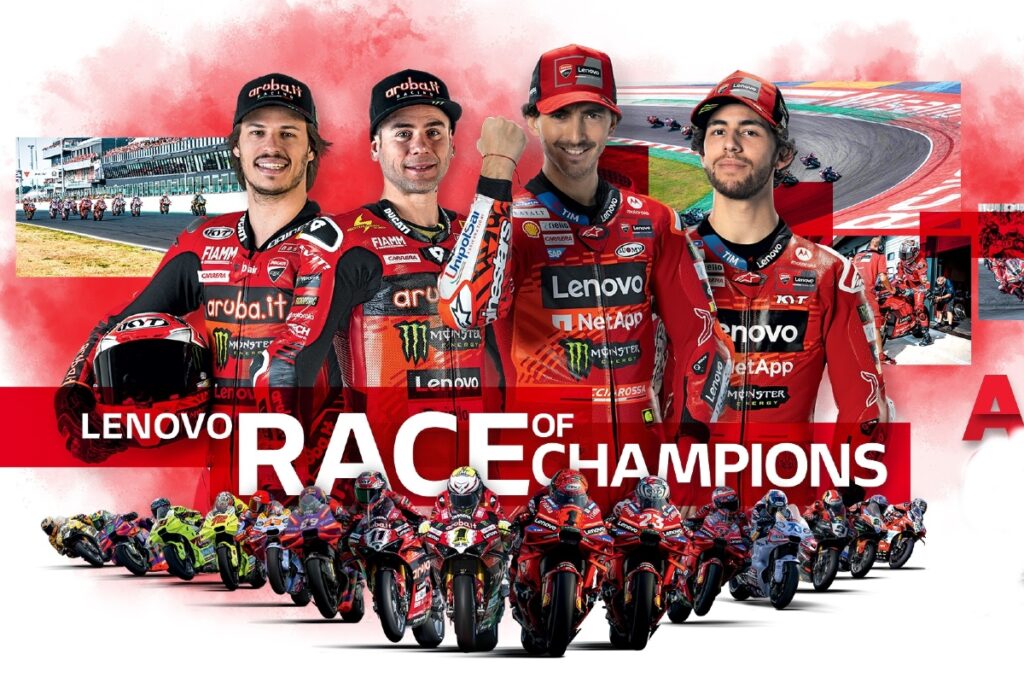
Toto Wolff has moved to explain comments he made suggesting at least one of his rivals breached last year's Formula 1 cost cap.
In Singapore last weekend, accusations were levied at Red Bull and Aston Martin that they overspent during the course of the 2021 season.
It was claimed that Red Bull will be found to have committed a ‘minor' breach, and Aston Martin a procedural error once the audit process which the FIA is working through has been completed.
Last year marked the sport's first with financial rules in place, limiting teams to $145 million in simple terms.
However, there were concessions made, in many cases unique to individual teams, along with glide paths and a host of activities that fall outside the cost cap.
Given the complicated nature and diversity of company structures within Formula 1, unravelling that and distilling it into a single figure is not the work of a moment.
Indeed, it is that point that Wolff claims led him to suggest some of his rivals might find themselves in trouble.
“This is just not a moment in time where suddenly you discover breach or not,” he reasoned.
“The audits have been going on for a long time, every team has collaborated with the FIA, there's been discussions forward and backwards about how the interpretations go.
“So, it's over many months that you come to certain conclusions.
“The point is, you need to find out what the case is actually. We have no visibility of that,” he added.
“Is it a so-called minor breach? I think the word is probably not correct, because if you're spending $5 million more, and you're still in the minor breach, it still has a big impact on the championship.
“To give you an idea: we obviously monitor closely which parts are being brought to the track from the top teams every single race – '21 season, '22 season – and we can see that there is two teams, top teams, that are just about the same and there is another team that spends more.
“We know exactly that we're spending $3.5 million a year in parts that we bring to the car. And then you can see what difference it makes to spend another $500,000 – [it] would be a big difference.
“We haven't produced lightweight parts for the car in order to bring us down from a double-digit overweight, because we simply haven't got the money, so we need to do it for next year's car.
“We can't homologate the lightweight chassis and bring it in because it's just $2 million that we would be over the cap.”
The big unknown is what penalty might be levied should there indeed be a breach – a point that remains far from a given at this stage.
While there are thresholds in place for minor and major breaches, the precise outcome is not known as the system has never been tested.
The question is therefore whether a lenient or harsh attitude is adopted by the FIA. There are arguments for each, with rival teams predictably in favour of the latter.
“In terms of the penalties, there is a catalogue of penalties that the FIA needs to decide what's appropriate or whether this goes to the Cost Cap Adjudication Panel, which is the governance,” Wolff explained.
“We have no say in this. We shouldn't have an opinion on this either. We need to see what the outcome is and then one can comment.
“But again, all the stakeholders in the sport, all the teams that have complied to the regulations, the FIA, Formula 1, need to make sure that these regulations have teeth because of the aforementioned reasons – you can gain a real competitive advantage.”
Teams were heavily involved in the creation of the Financial Regulations, and the governance which underpins them.
Figures for last season were submitted to the FIA in March, triggering the audit process with all 10 teams.
That was due to be completed for Wednesday but has now been pushed back to Monday.
“All teams were part of setting these regulations up, and all teams underwrote these regulations,” Wolff explained.
“What it basically says is that we're all going to be audited.
“If you're in breach of the regulations you will not be issued a Certificate of Compliance, and then you can get into a settlement agreement with the FIA.
“That means the team needs to accept responsibility, needs to accept the fines that the FIA deems to be appropriate, then this is being made public – like we had the Williams case, for example, this is made public and very transparent.
“The whole process is very transparent,” he continued.
“If it doesn't come to the settlement agreement, because either the team doesn't want to do it, or the FIA thinks it needs to go to the Cost Cap Adjudication Panel, then there is a group of judges, independent judges, that are going to look at the regulations and the case and come to a conclusion whether they should be penalised or not.
“If the team is not happy with the outcome, then you can still go to the ICA [International Court of Appeal] and appeal there.
“So it's a lengthy process, but I think super robust in terms of the governance.
“I have zero doubt that this is going to be handled in the right way and transparent – contrary to what we had in the past sometimes. Independent lawyers, maybe also judges, but people that have no involvement in Formula 1, people that have been brought forward as top in their league.”

